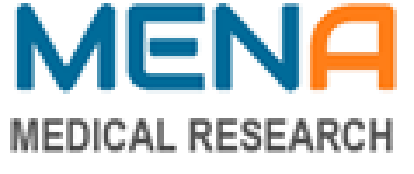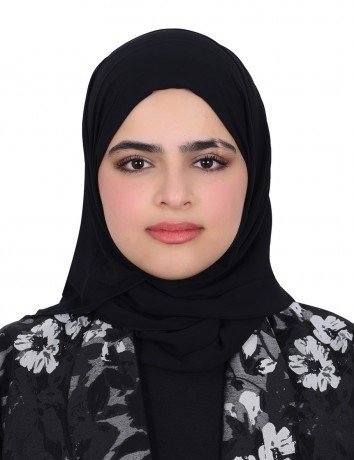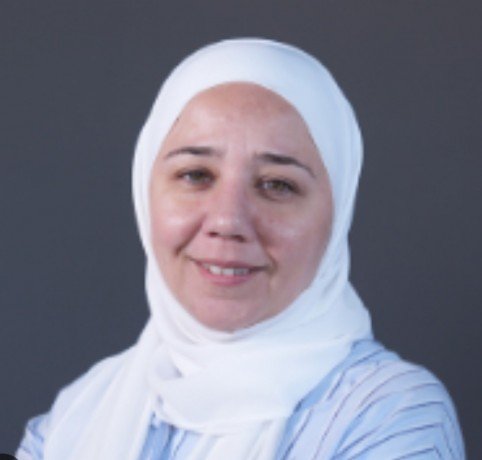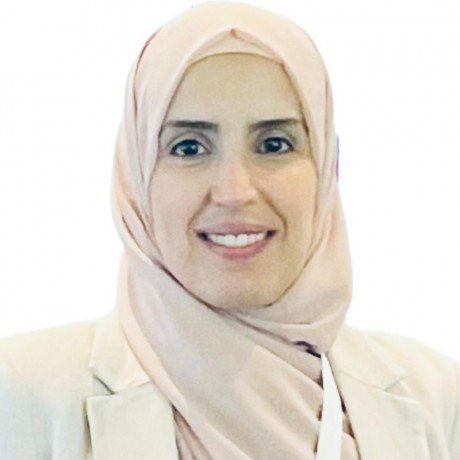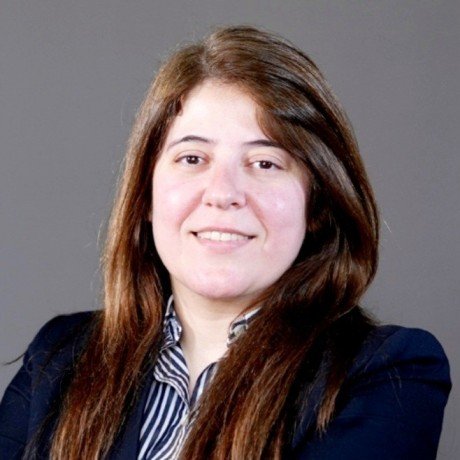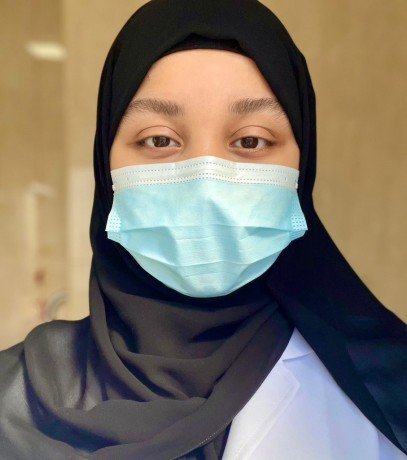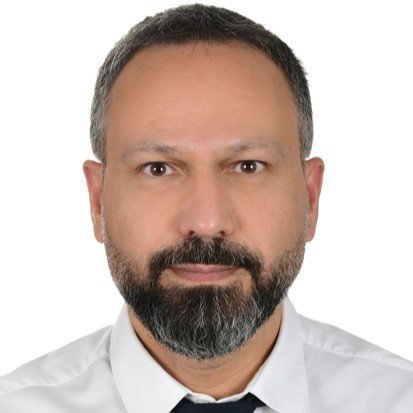Rahaf Ajaj
Associate Professor Abu Dhabi UniversityAdditional Details
Dr. Rahaf Ajaj is an Associate Professor specializing in radiation safety, environmental health, and climate change. She has established herself as a prominent leader in advancing sustainable environmental health solutions across the Middle East and internationally.
With over a decade of professional experience, Dr. Ajaj previously served as Health Physicist at the Federal Authority for Nuclear Regulation in the UAE, developing extensive expertise in regulatory oversight, inspection protocols, and management of health, safety, and environmental issues across nuclear agencies and petroleum sectors.
As a prolific researcher, Dr. Ajaj has authored numerous peer-reviewed publications in prestigious journals, including Scientific Reports, Physical Review Letters, Sustainability, and Current Nutrition & Food Science. Her research encompasses radiation protection technologies, environmental sciences, sustainability science, and climate change adaptation. She regularly presents at international conferences, sharing innovative insights on environmental health challenges.
Dr. Ajaj demonstrates exceptional leadership as Research Cluster Lead for the UAE Ministry of Climate Change and Environment and UAE Chapter Lead for Women in Renewable Energy (WiRE) Canada. She actively contributes to the UAE Climate Change Research Network, advancing environmental sustainability and empowering women in STEM.
In academia, Dr. Ajaj teaches advanced courses in environmental sciences, occupational safety and health, hazardous materials management, toxicology, and pollution monitoring and control. Her educational approach emphasizes practical applications and evidence-based solutions.
Dr. Ajaj's mission centers on advancing environmental health through interdisciplinary research, transformative education, and strategic policy advocacy, driving meaningful, sustainable change across industries and communities worldwide. Her expertise spans advanced radiation protection protocols, comprehensive environmental health risk assessment, occupational safety program implementation, climate change mitigation strategies, regulatory compliance frameworks, hazardous materials management, and pollution monitoring.
